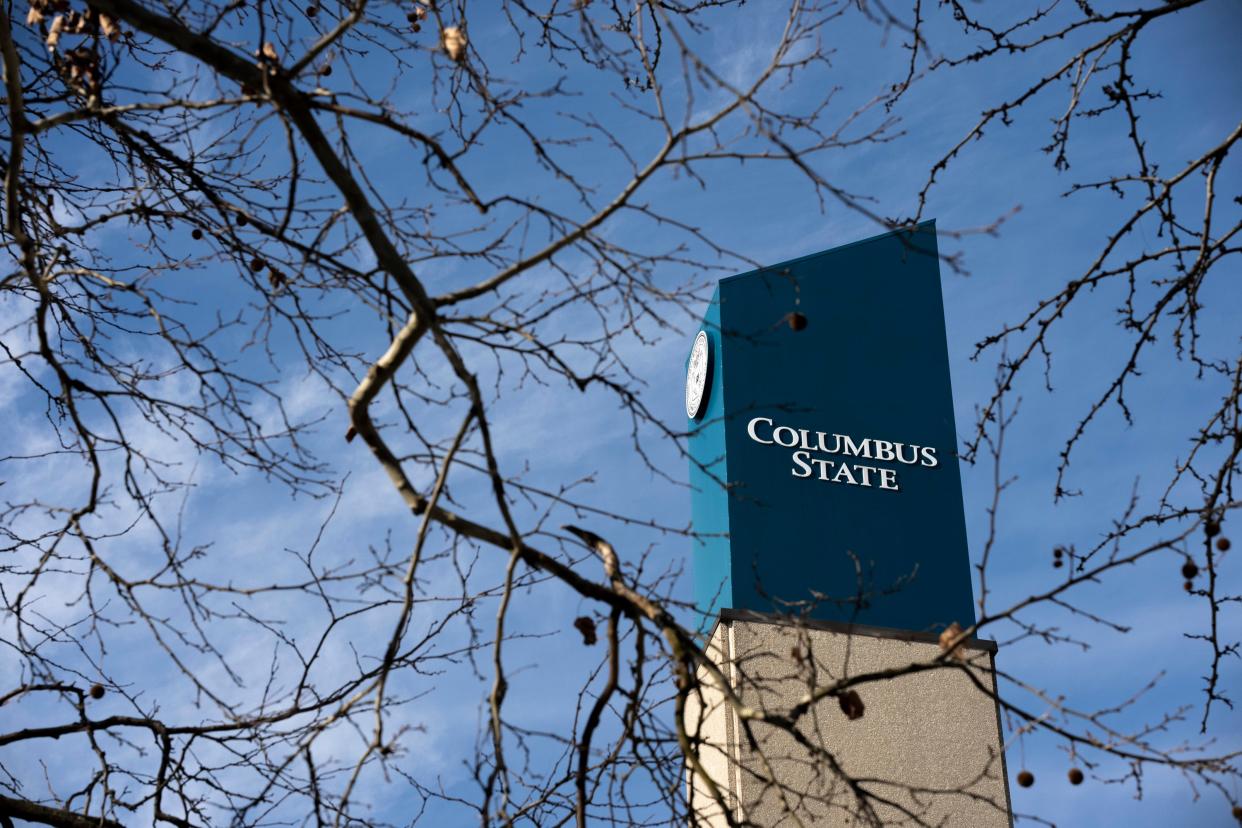Columbus State to lead new $7.5 million national center for IT jobs training

Columbus State Community College will launch and lead a new $7.5 million national center focused on information technology and training for in-demand tech jobs, the college announced Wednesday morning.
The National Information Technology Innovation Center will work with several community colleges around the country, employers and other stakeholders to train students to become credentialed, highly skilled technicians in two years or less.
More: Biden administration picks Columbus as workforce hub after Intel, Honda
“We’re pleased to lead the way with the National Information Technology Innovation Center (NITIC), which will play a crucial role in America’s tech economy,” Columbus State President David Harrison said.
Columbus State is the NITIC's lead institution, with additional partners from Collin College in McKinney, Texas; Lone Star College in Houston; Maricopa Community Colleges in Phoenix; and Sinclair College in Dayton.
The center will be funded through federal dollars from the National Science Foundation as part of its Advanced Technological Education (ATE) program. The grant will be awarded over the next five years, with an option to renew for an additional five years. It will be the only ATE national center focused on IT education.
Shane Kirby, Columbus State’s director of advancement partnerships, said its not often that two-year colleges are recipients of federal grants like this.
"These will be prestigious degrees for students graduating from these schools," Kirby said.
This center will be a flagship for Columbus State and will be the latest of the college's recent workforce initiatives. Earlier this summer, Columbus State announced a massive $120 million partnership with OhioHealth to double healthcare jobs in the region, and the Biden administration recognized the community college as a workforce hub.

As part of the NITIC, partner companies will participate in a national Business Industry Leadership Team, which Kirby said will act as "the voice of the employer." Those industry experts will help keep course curriculum up to date with industry standards, as well as have access to a pipeline of new graduates for apprenticeships and jobs.
Employer needs are rapidly changing, Harrison said. Employer partnerships will help the community colleges adopt new technologies as they emerge and build up a highly skilled, inclusive, IT workforce, he said.
The center will also create an IT Innovation Network to benchmark best practices, share ideas and resources among instructors, and find ways to increase the number of women, people of color and veterans in IT careers.
“This is a big moment,” said Gloria Rogiers, Columbus State’s dean of information systems technology. “NSF is counting on us to deliver based on our track record of success. I’m confident the NITIC will be a game-changer in meeting the needs of our country’s economic future.”
Higher education: Intel to give Ohio colleges $17.7 million for semiconductor research, education
Nationally, there is enormous demand for IT training, as tech jobs in STEM industries are expected to double the pace of average U.S. job growth over the next decade.
For instance, there is a deficit of more than 680,000 cybersecurity jobs, many of which are entry- and mid-level career positions, said Lawrence McWherter, an assistant professor of cybersecurity at Columbus State and the grant's principal investigator.
"Really anything we're developing in the U.S., anything that connects to the internet, all of it touches the IT space," McWherter said.
According to Ohio Means Jobs, there were more than 1,200 job ads for software developers and other computer occupations in July for central Ohio, accounting for two of the top 10 occupations with the most need.
McWherter said this center will leverage each school's experience and successes to create a program that truly helps meet demand.
"I’m excited to combine our strength toward the common goals of provisioning and strengthening the nation’s IT workforce as a critical asset," he said.
Sheridan Hendrix is a higher education reporter for The Columbus Dispatch. Sign up for Extra Credit, her education newsletter, here.
shendrix@dispatch.com
@sheridan120
This article originally appeared on The Columbus Dispatch: Columbus State to lead $7.5 million national center for IT education

